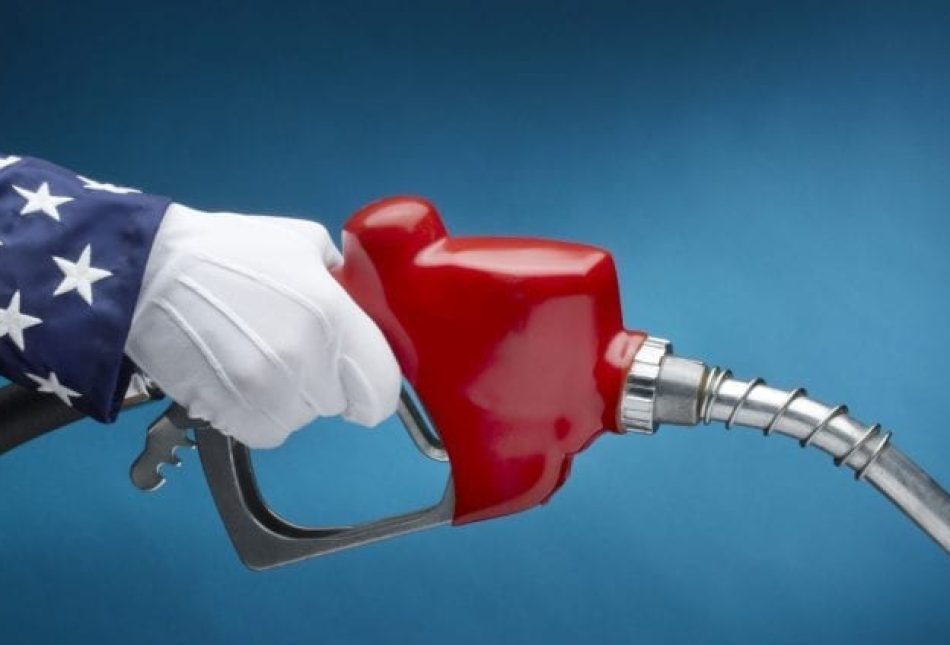Don’t Take Pols’ Hooey on Gas Prices

Have you noticed that politicians are constantly talking about gasoline prices?
As the 2006 election approaches, claims and counterclaims about the cause of high gasoline prices are becoming more intense. But the din of political opportunism has trumped sound economic analysis. Politicians are taking advantage of the complexity of oil markets, rather than trying to educate us.
For example, House Minority Leader Nancy Pelosi recently visited Albuquerque on behalf of Patricia Madrid’s bid to unseat Rep. Heather Wilson. Wilson was accused of being “beholden to big-oil,” with the implication that she and her Republican colleagues are somehow responsible for high gasoline prices. Nor has Wilson shown a keen awareness of energy economic realities with her “sound bite” approach, as is exemplified by her misguided and unrealistic effort to see “price gouging” where none exists.
What the public really needs – but has not been getting from at least this particular race, and indeed from few political contests – is a “fact-based” approach based on economic realities.
Because we can’t rely on politicians when trying to comprehend why prices at the pump are so high, let’s dig beneath the rhetoric to be better informed about gasoline prices: Prices are determined in a market by demand and supply. In the past few years, demand for petroleum products has been increasing, primarily because of increasing prosperity in China, India and a few other countries. Increasing demand, everything else being equal, increases the price of petroleum products. Also, risk of supply disruptions due to instability in some of the major oil producing regions has added a speculative component to demand, further driving up price.
Another factor driving prices higher is that the world’s oil supply has not increased as quickly as demand has grown. War and threats of more war have kept supply from increasing in the Middle East. Hurricanes, particularly Katrina, have reduced supply.
Most recently, pipeline problems experienced by British Petroleum reduced the amount of oil coming from Alaska by nearly 300,000 barrels – a loss of about 6 percent of U.S. daily output. In addition to the issues above, which can loosely be called “market-oriented supply problems,” other problems have been the direct result of government interference. Foremost among these is the reluctance on the part of Congress to allow more drilling for domestic sources of oil.
Politicians have also refused to allow increases in refining capacity for several decades and have also smeared oil companies as villains by threatening them with “price gouging” laws despite the lack of any evidence of such practices.
The fact is that oil exploration and drilling is inherently risky, and it takes millions of dollars and years of investment before the first barrel is pumped out of the ground. These political threats obviously add another element of risk that reduces supply. The threat of “windfall profits” taxes has also added a political risk to the risks faced by oil companies.
Although it may play well in the polls, bad-mouthing the oil industry and threatening it with higher taxes only raises its risk, which hampers research and development efforts and thereby reduces future supply. Did you know that cumulative oil industry research-and-development expenditures over the last few years have exceeded profits? Why would we want to discourage those efforts by piling on more risk?
So there you have it; there is no mystery to gasoline prices. The fundamentals of petroleum markets have caused the increase in gasoline prices, specifically increased demand without increased supply. Politicians like to talk like they can legislate away the scarcity of oil, but instead they make things worse.
Because of the increase in price, we have heard much misleading political rhetoric about evil big-oil profits. Yet the oil industry has profits that are generally in line with other industries. Those profits may be a little above average now – 8.5 percent of revenue versus 7.7 percent for all industries – but since the oil industry waxes and wanes with market conditions, it often sees profits that are below average. Big government actually takes more from big oil in taxes than the industry makes in profit.
If there is anything that is evil in the political din over gasoline prices, it is the politicians. Do not trust them to enlighten you.
Messenheimer is an economist with the Rio Grande Foundation, a free-market oriented think tank based in New Mexico.

